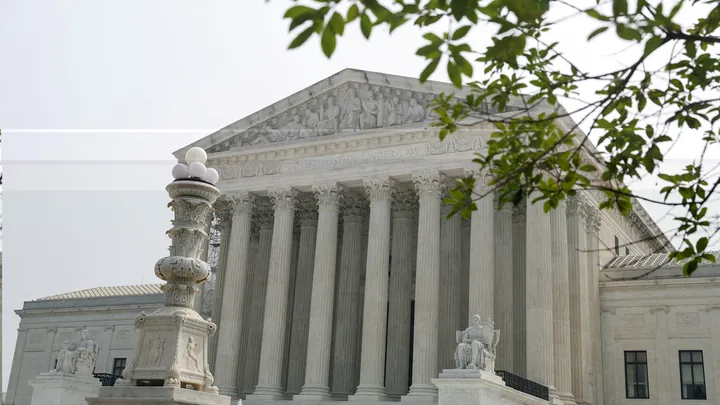Major U.S. Corporations Revise Diversity Programs Amid Legal Challenges
major U.S. corporations, including JPMorgan and BlackRock, have revised their diversity, equity, and inclusion (DEI) programs in response to legal challenges alleging discrimination. The letters prompting these changes were sent to the companies by conservative legal groups, raising questions about the future of corporate diversity initiatives.
JPMorgan, one of the world’s largest financial institutions, received a letter in May 2022 alleging that 10 of its DEI programs were discriminatory and illegal. A spokesperson for the bank confirmed that the “Advancing Hispanics & Latinos” and “Advancing Black Pathways” programs had their descriptions changed around February 2023. The programs now invite applications from all students “regardless of background.” JPMorgan spokesperson Allison Kahl stated, “We remain fully committed to an inclusive workforce made up of top talent.”
Similarly, BlackRock, the world’s largest asset manager, received a letter in April and subsequently made alterations to its diversity programs. The company removed language specifying that a scholarship was “designed for” members of specific underrepresented groups. A BlackRock spokesperson expressed pride in expanding eligibility for the scholarships.
The letters prompting these revisions were issued by conservative legal groups, including the American Civil Rights Project, founded by Texas attorney Dan Morenoff, and America First Legal, led by Stephen Miller, a former adviser to President Trump.
These legal challenges come in the wake of a Supreme Court ruling in June 2023, declaring the use of affirmative action in university admissions decisions unconstitutional. While this ruling did not directly impact corporations, it provided new momentum for conservative efforts to challenge and roll back corporate DEI initiatives.
DEI programs gained momentum at major U.S. companies following the events surrounding the police killings of George Floyd in 2020 and other Black Americans. Calls for addressing racial disparities in corporate leadership led to the implementation of various initiatives aimed at fostering diversity and inclusion.
While the Supreme Court ruling underscored the unconstitutionality of affirmative action in university admissions, it did not alter the legal landscape for corporations. Companies are still bound by anti-discrimination laws that prohibit the consideration of race and gender in individual hiring decisions. DEI programs that focus on broadening the applicant pool and removing barriers to advancement are considered legal under existing legislation.
As legal challenges to DEI programs continue, the corporate landscape is likely to see ongoing debates about the balance between promoting diversity and adhering to legal requirements, potentially shaping the future of workplace inclusivity initiatives in the United States.






